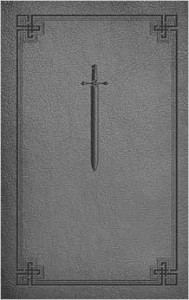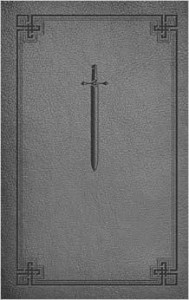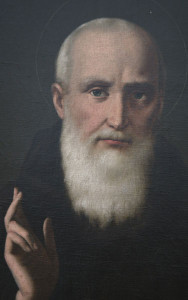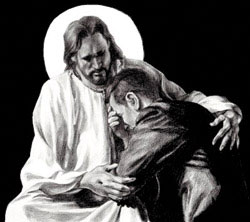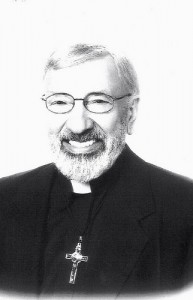Podcast: Play in new window | Download (Duration: 30:17 — 20.9MB) | Embed
Subscribe: Apple Podcasts | Spotify | Amazon Music | Android | Pandora | iHeartRadio | JioSaavn | Podchaser | Gaana | Podcast Index | Email | TuneIn | Deezer | Anghami | RSS | More
“Help from the Saints” – Put On The Armor – A Manual for Spiritual Warfare w/Dr. Paul Thigpen Ph.D. 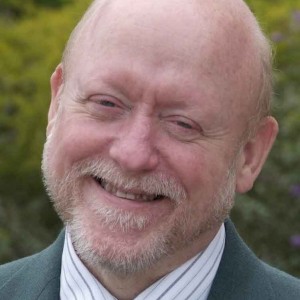
Dr. Thigpen offers insights on the Manual for Spiritual Warfare Chapter 9:
WORDS FROM THE SAINTS
The saints are veterans of the spiritual war that continues to rage in this world. Their insights, born of long experience in combat with the Enemy, can make us wise and strong in battle.
Visit here for other episodes in this series:
Put On The Armor – A Manual for Spiritual Warfare w/Dr. Paul Thigpen Ph.D.
The “Manual for Spiritual Warfare” can be found here
Paul Thigpen, Ph.D, is the Editor of TAN Books in Charlotte, North Carolina. An internationally known speaker, best-selling author and award-winning journalist, Paul has published forty-three books in a wide variety of genres and subjects: history and biography, spirituality and apologetics, anthologies and devotionals, family life and children’s books, study guides and reference works, fiction and collections of poetry and prayers.
Paul graduated from Yale University in 1977 summa cum laude, Phi Beta Kappa, with Distinction in the Major of Religious Studies. He was later awarded the George W. Woodruff Fellowship at Emory University in Atlanta, where he earned an M.A. (1993) and a Ph.D. (1995) in Historical Theology. In 1993 he was named as a Jacob K. Javits Fellow by the U.S. Department of Education. He has served on the faculty of several universities and colleges.
In 2008 Paul was appointed by the United States Conference of Catholic Bishops to their National Advisory Council for a four-year term. He has served the Church as a theologian, historian, apologist, evangelist, and catechist in a number of settings,speaking frequently in Catholic and secular media broadcasts and at conferences, seminars, parish missions, and scholarly gatherings.

